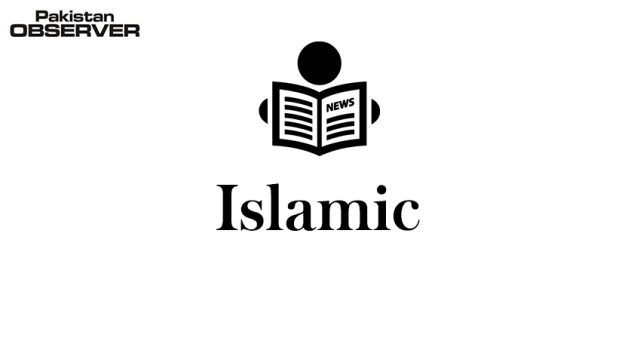Manila
The Bangko Sentral ng Pilipinas (BSP) said one of the challenges of developing Islamic banking in the country is that there are not enough Shari’ah scholars or Islamic finance experts to make this happen as soon as possible. Shari’ah, which defines a set of rules and the lslamic financial system, refers to the practical divine law deduced from its legitimate sources such as the Qur’an, Sunnah, consensus of Muslim scholars, analogical sources of lslamic law. The BSP also noted the lack of tax neutrality. “The biggest challenge is the low awareness and capacity on lslamic banking and finance not only for the regulators but also for the industry players and other stakeholders,” according to the BSP. “For this reason, the law mandates the government to provide programs for increased consumer awareness and capacity building required by the expanded lslamic banking system.” In a memo signed by BSP Deputy Governor Chuchi G. Fonacier, she said the latest information drive is to address common questions about Republic Act No. 11439 (“Act Providing for the Regulation and Organization of Islamic Banks” approved last August 2019) and the implementation of its two preliminary policy issuances on the IRR or BSP Circular Nos. 1069 and 1070 (December 2019) which covered the guidelines on lslamic Banks and lslamic Banking Units and the Shari’ah Governance Framework (SGF). Fonacier said they have issued “simplified and concise discussions on lslamic banking fundamentals” that cover the following major points: core features of the lslamic banking law; accessibility of lslamic banking to both Muslims and non-Muslims; key distinctions between conventional and lslamic banking; and requirements for establishing lslamic banks or lslamic banking units (IBUs) in the Philippines. Fonacier said that besides the “scarcity of Shari’ah scholars” there is also another challenge on tax neutrality or its absence.—Agencies










